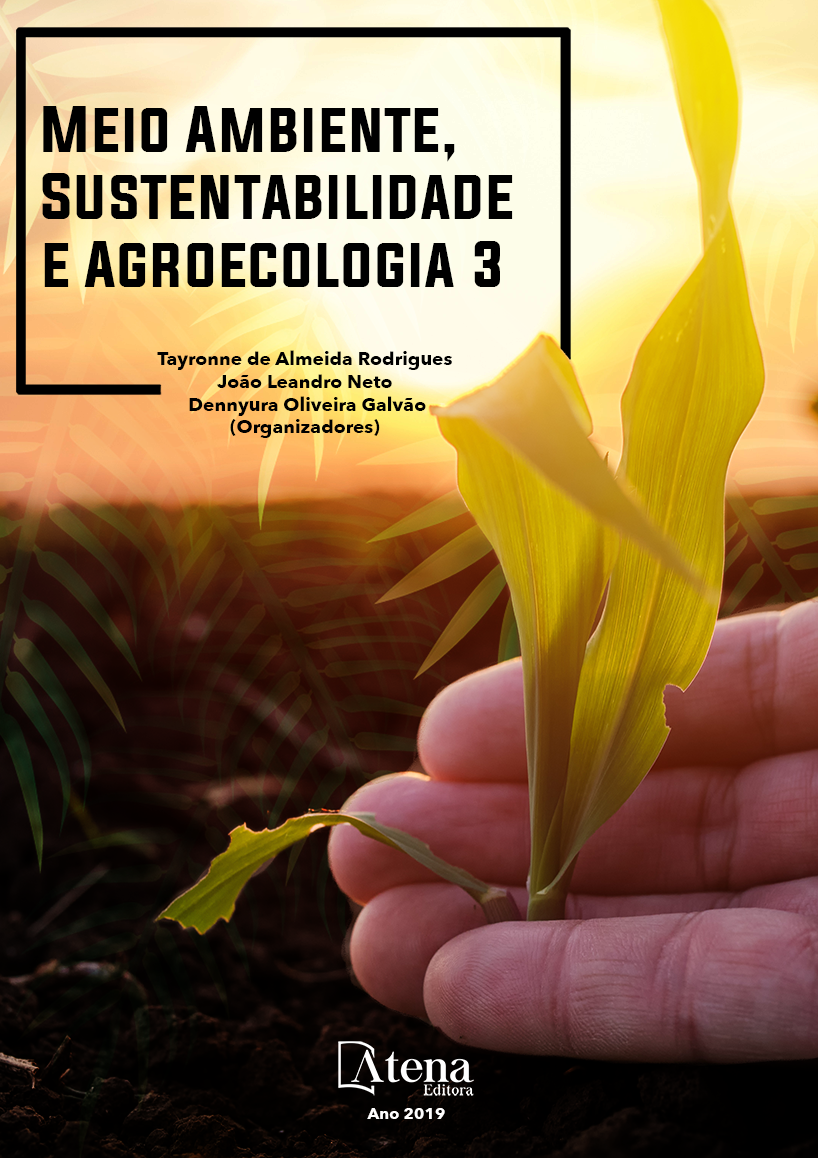
Uma Análise sobre a Intenção de Consumo de Produtos Orgânicos sob o Efeito de Moderação Geracional.
Este estudo teve como propósito
central analisar a possibilidade de inclusão de
uma nova variável, as gerações, nos estudos
referentes ao comportamento de consumo
de produtos orgânicos. Para isso, utilizouse
de uma série de dois procedimentos
metodológicos: primeiramente a análise das
equações estruturais por meio da abordagem
dos mínimos quadrados parciais (PLS-SEM),
a fim de verificar a validade e a confiabilidade
dos constructos formadores do modelo de
análise de intenção de consumo de produtos
orgânicos e a capacidade preditiva do modelo
estrutural e, por último, a Análise Multigrupos
nos Mínimos Quadrados Parciais (PLS-MGA)
para, enfim, testar a possibilidade de inclusão
gerações como variável moderadora sobre as
relações existentes no modelo. Os resultados
obtidos demonstraram que uma das hipóteses
de moderação não foi rejeitada. Dessa forma,
concluiu-se pela possibilidade de existência
de efeito moderador das gerações sobre as
relações entre variáveis antecedentes e a
intenção de consumo de produtos orgânicos.
Uma Análise sobre a Intenção de Consumo de Produtos Orgânicos sob o Efeito de Moderação Geracional.
-
DOI: 10.22533/at.ed.29319160421
-
Palavras-chave: produtos orgânicos; gerações; efeito de moderação.
-
Keywords: organic products; generations; moderating effect.
-
Abstract:
The purpose of this study was
to analyze the possibility of including a new
variable, the generations, in the studies
concerning the behavior of organic products
consumption. For this, two methodological
procedures were used: firstly the analysis of the
structural equations through the partial least squares (PLS-SEM) approach, in order
to verify the validity and reliability of the modeling constructs of the analysis model
of the intention of consumption of organic products and the predictive capacity of the
structural model and, finally, the Multi-level Analysis in the Partial Least Squares (PLSMGA)
to finally test the possibility of including generations as a moderating variable on
the relationships existing in the model . The results showed that one of the hypotheses
of moderation was not rejected. Thus, it was concluded by the possibility of existence
of a moderating effect of the generations on the relations between antecedent variables
and the intention of consumption of organic products.
-
Número de páginas: 15
- Luiz Henrique Lima Faria
- Rafael Buback Teixeira
- Ana Luísa Santos Oliveira
- Guilherme Correia Furlani
- Mateus Neves Merçon
- Miguel Carvalho Cezar
- Wilson Carlos dos Santos Junior


